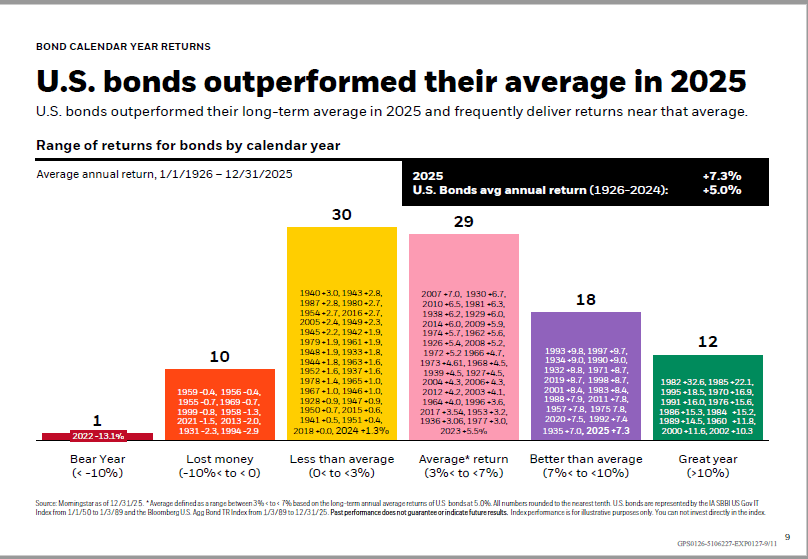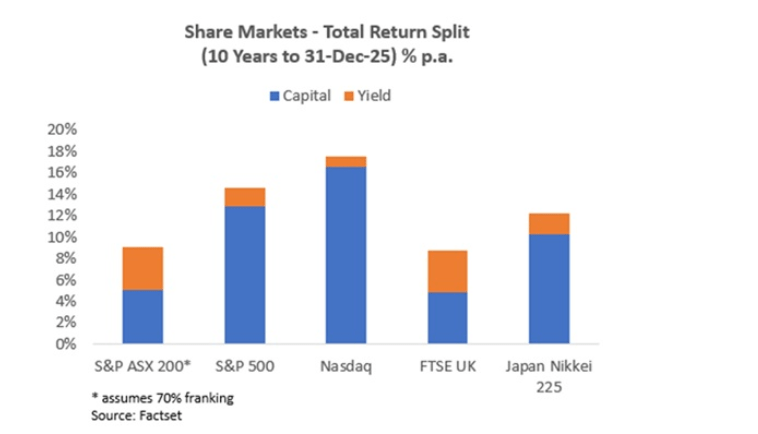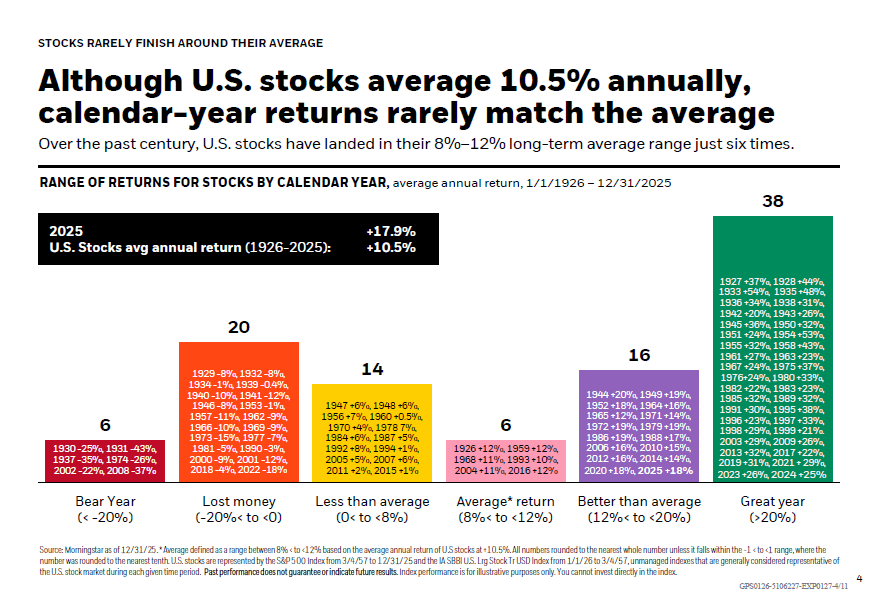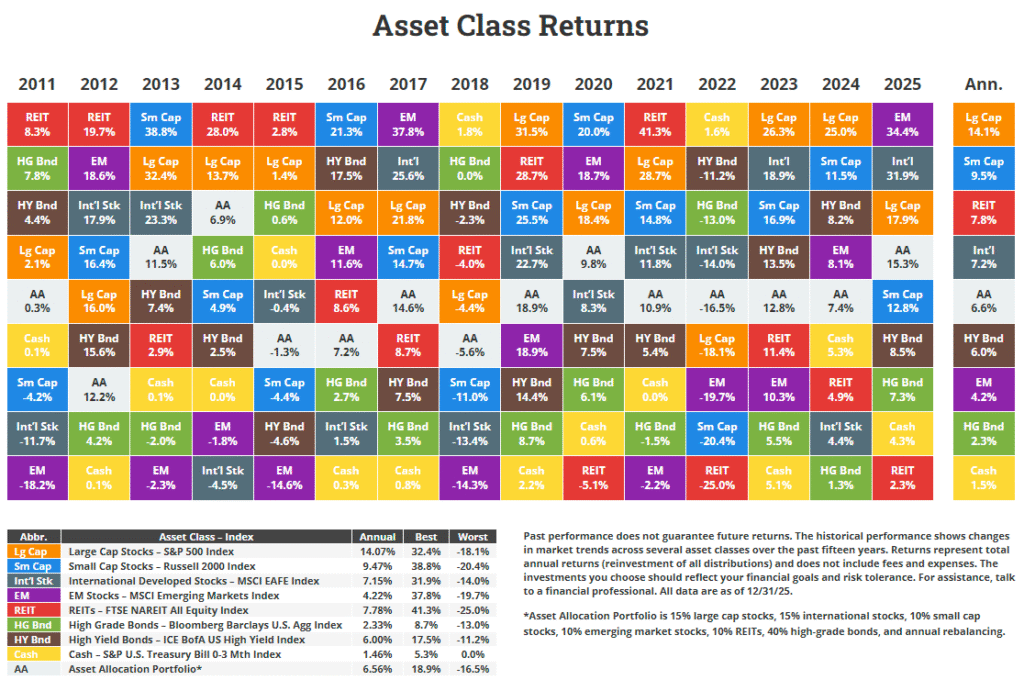Investing in foreign countries has many risks associated with it.Some of the risks are discussed below:
1. Currency Risk
This risk is due to the fluctuations in currency exchange between the currency of the country invested and the US $. This exchange rate risk can affect your returns either positively or negatively. For eg. – Lets say you invest in a Spanish ADR. All dividends paid by this stock are in Euros. The Euros are then converted to US$ in order to pay an investor. If the value of Euro appreciates even more against the $, then that dividend amount in US$ will decrease. If earlier the dividend paid was 3 Euros and the exchange rate was 1.5 EUR to a $, you will get 2$ in dividends. If the exchange rate goes to 3 EUR to a $, then that dividend will be only 1 $ (cut by 50%).
2.Country Risk
Another risk that affects foreign investments is called the country risk. This is due to change in political situations in the country you invested. For eg. – lets say you invested in Brazil under the current government which is democratic. IF after a few years, if a military dictator takes over Brazil that will have dramatic impact on your investments since the dictator may change the current investment policies.
Regulatory risks are another part of country risk. If a country imposes more strict regulatory requirements that may affect the foreign investments negatively.
3.Information Risk
Getting information on foreign companies can be difficult and challenging. Unlike US stocks, many foreign countries do not require companies to share information with their investors regularly. Language is another important issue.For eg .- many
companies might have websites that contain information only in the native language.
4. Time Differences Risk
This risk is due to differences in time between US and other countries.This risk can be an advantage or a disadvantage. For eg. – if an investor invests in the Japanese market and the stocks there collapse when the market markets, then it will still be night time in the US. The investor might not be aware that his Japanese holdings have crashed. It maybe too late to get out when the investors becomes aware of the situation the next day morning.
5.Liquidity Risk
Liquidity is an important risk when investing in foreign stocks. Unlike the US, companies in some foreign stocks can be highly illiquid. This can be serious problem when the market crashes. The US investor will have trouble getting rid of his/her stocks when there is the liquidity problem. There may not any buyers for the stock especially when the quantity involved is high.
6.Nationalization Risk
This risk simply means that a country’s government seizes and takes over private assets. This usually happens when there is a big change in the political system. So a company that had invested millions in factories and and other assets might suddenly become worthless since the government may take control of its assets. For eg. – when political systems changes in Cuba, Vietnam, Russia etc. many of the foreign companies that had invested in them lost their assets and investors suffered because of this government interference in the functioning of private markets.
Considering all the risks above, does it make sense to invest in foreign stocks?
Absolutely Yes. The trick here is to select and invest in countries which do not/may not have some of the risks. For eg. – many conservative US investors invest heavily in Europe since it is highly unlikely that an European country like Germany or Holland might have a political upheaval in the near future. The same cannot be said of say Colombia for example.



